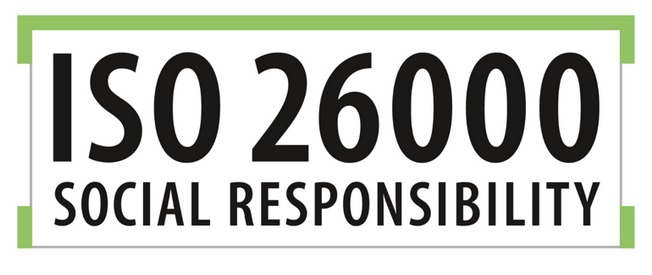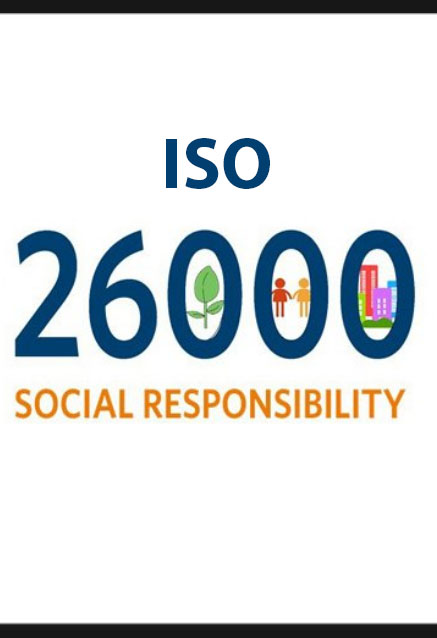What exactly is social responsibility?

Social responsibility is a constantly changing notion that has recently gained traction. It is frequently mistaken as only being about philanthropy and charity, yet it encompasses far more than these two acts.
The meaning of social responsibility varies depending on who you ask, but it often refers to corporations’ duty to society. This involves taking into account the environmental and human effect of their actions and activities. It also includes ethical behavior.
The word “social responsibility” refers to an organization’s social and economic responsibilities to society. For different people, social responsibility means different things, however it may be broadly defined as how organisations interact with their stakeholders and the environment, including:
Organizational Social Responsibility
- How they treat their staff (from wages and benefits to safety).
- Their interactions with customers (including pricing practices).
- The influence of their operations on the environment (from use of natural resources like water or electricity to pollution).
Organizations can demonstrate their social responsibility in three key areas: the economy, environmental challenges, and ethical issues.

What is the significance of social responsibility?
What is the significance of ISO 26000
One of the most crucial components of running a business is social responsibility. There are numerous reasons why social responsibility is so important, and we will discuss a few of them here:
- It fosters trust among your customers. They understand that you genuinely care about them and their well-being, rather than merely making money off of them.
- It raises employee morale because they are working for a purpose larger than themselves.
- It fosters an environment in which employees feel valued, resulting in increased employee retention rates; and
- Customers can better relate to your brand because they understand how it aligns with what you stand for as a company or organisation.
How an Organization Benefits from Social Responsibility?
How an Organization Benefits from ISO 26000?
Being socially responsible is a great approach to positively impact society. There are three crucial elements to having an organisation that benefits from being socially responsible:
- Identify your values and match them to the communities you serve.
- Strive for consistency in these ideals through policies and actions.
- Make sustainability a part of all of your practises.
These three measures can assist ensure that your organisation is contributing to the greater good while still making money.
One of the most significant advantages of being socially responsible is that it can assist an organisation in defining its values and better understanding the communities it serves. When a corporation has a set of core values, it can develop policies and behaviours that reflect those principles. This helps to assure consistency in the way the firm runs, which fosters confidence among consumers and other stakeholders.

